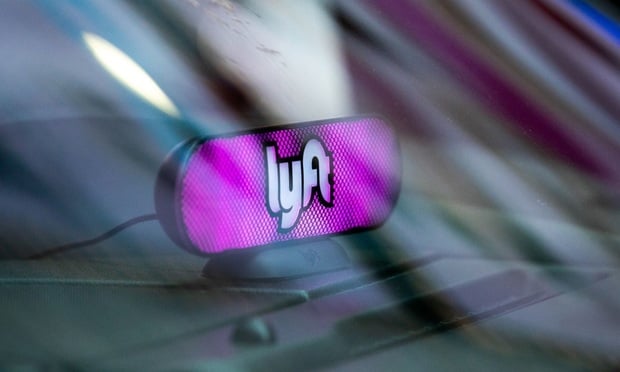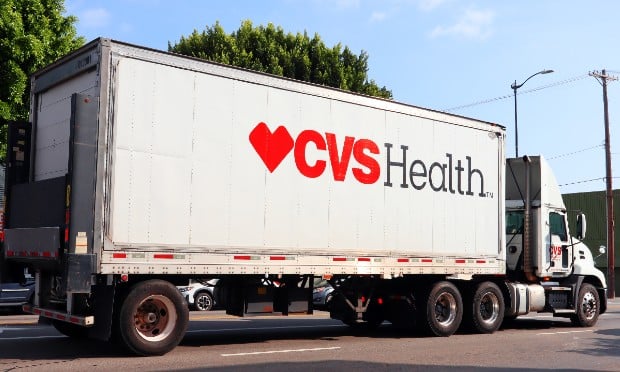
Something that is emerging in this industry is how health care benefits can be offered to a wider range of people. Noah Lang, CEO of Stride Health, discusses how California's Proposition 22 can offer health benefits to gig workers and part-time employees.
Prop 22 was a ballot initiative in California that passed in 2020. Can you remind us what it was about, broadly speaking?
At its core, Prop 22 was a proposal to provide vital protections to rideshare and delivery drivers without taking away the flexibility they enjoy as independent workers. The proposal emerged as a response to Assembly Bill 5, a 2019 California law that would have classified drivers as employees in order to provide guaranteed wages, health benefits, and other protections. The downside of AB5 was that by reclassifying the drivers, they would lose other key benefits, like flexibility in scheduling.
Continue Reading for Free
Register and gain access to:
- Breaking benefits news and analysis, on-site and via our newsletters and custom alerts
- Educational webcasts, white papers, and ebooks from industry thought leaders
- Critical converage of the property casualty insurance and financial advisory markets on our other ALM sites, PropertyCasualty360 and ThinkAdvisor
Already have an account? Sign In Now
© 2024 ALM Global, LLC, All Rights Reserved. Request academic re-use from www.copyright.com. All other uses, submit a request to [email protected]. For more information visit Asset & Logo Licensing.








